- BlackVoter.Org
- Posts
- BLACKVOTER.ORG #120
BLACKVOTER.ORG #120
Empowering Awareness: Stay Grounded With Blackvoter.org Newsletter!Empowering voices, driving change. 🗳️ Advocate for justice, equity, and representation at BlackVoter.org. Join us as we harness the power of the ballot to shape a future that reflects our values and aspirations. #BlackVoter #EmpowerChange Publish Time



The Democratic National Convention in Chicago is set to highlight the threat to democracy that Democrats believe former President Donald Trump poses. Speaking roles at the convention will be given to lawmakers who served on the House select committee to investigate the January 6, 2021, riots, as well as to a Capitol Police officer injured during the attack.
The committee's 2022 report recommended that Trump be barred from holding office again. Retired St.
Aquilino Gonell, one of the injured officers, will address the convention and has become a vocal critic of Trump and the Republicans who continue to defend him. Former Republican Rep.
Adam Kinzinger, who also served on the committee, is scheduled to speak, along with other lawmakers and activists who have taken a stand against Trump's actions. The convention aims to remind all Americans about the stakes of the 2024 election for democracy and freedom.
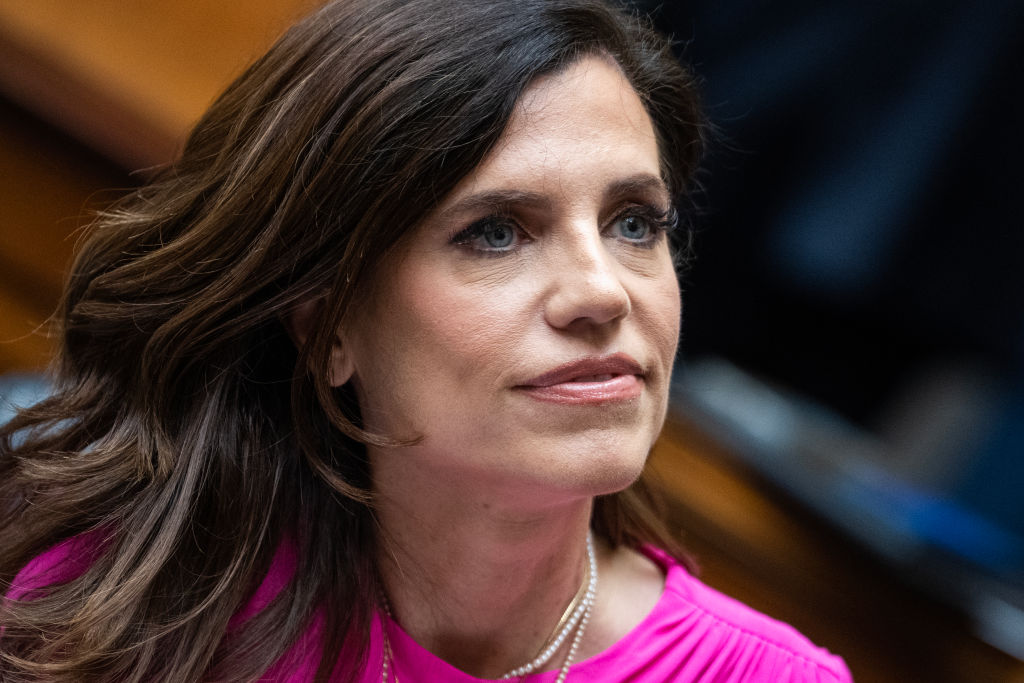
In a recent CNN panel, Representative Nancy Mace of South Carolina repeatedly mispronounced Vice President Kamala Harris' name, sparking criticism from Black activists and scholars. But Mace didn't stop there.
When called out for her mispronunciations by Black men on the panel, she defiantly told them she would pronounce Harris' name "any way I want." Mace then escalated the situation by referring to the Black men as "boys," a derogatory term rooted in slavery that is inherently racist.
This intentional use of racist language is particularly egregious considering Mace hails from South Carolina, a state with a history of high ratios of Black slaves to white colonists. Mace's choice of words likely reflects the racist rhetoric often embraced by the Republican Party, with former President Donald Trump as a prominent figure.
It is clear that Mace's comments were calculated and intentional, further highlighting the need for racial equity in politics.

The "model minority" myth, which portrays Asian Americans as high achievers and hard workers, is still prevalent in politics today, according to an op-ed in the Baltimore Sun. The article argues that the offensive stereotype has been re-appropriated by some Asian Americans who use it as a political strategy.
The concept of the model minority originated in a 1966 article in the New York Times Magazine, which praised Japanese Americans and elevated them above other ethnic groups. Today, the stereotype is often used to praise the success of Indian Americans, particularly within the Republican Party.
However, the author argues that the model minority myth is insulting to all Americans and perpetuates racial divisions. The article criticizes recent instances where the stereotype was used to undermine Vice President Kamala Harris and suggests that the model minority myth should be abandoned entirely.
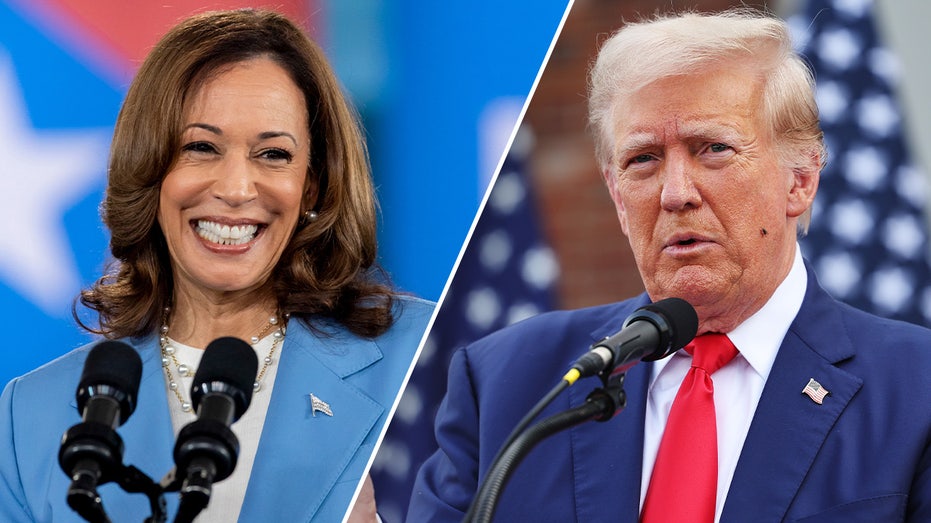
Vice President Kamala Harris has re-energized Black voters in key swing states, according to a recent poll by Suffolk University/USA Today. The poll found that Harris leads former President Trump by a wide margin among Black voters in Michigan and Pennsylvania, with 70% support in both states.
These results indicate that Harris has gained back some of the enthusiasm that was lost when President Biden was at the top of the ticket. In June, Biden led Trump among Black voters by smaller margins.
The poll also asked Black voters if they believe Harris represents them, with a majority in both states indicating that she does. However, David Paleologos, the director of the Suffolk University Political Research Center, noted that Harris still needs to secure larger margins of Black voter support to win states like Michigan and Pennsylvania.


Kamala Harris, as Vice President, has made her mark by finding ways to make a difference on key issues without overshadowing President Biden. One notable example is her role as the administration's champion of abortion rights.
When a leaked draft of a Supreme Court decision overturning Roe v. Wade surfaced, Harris was hesitant to take the lead on the issue.
However, after considering the possibilities, she accepted the role and used her voice to influence Democrats who had doubts about her. This has set the stage for her potential nomination as president in the future.
Harris has also taken on other responsibilities such as leading a labor task force, a gun safety office, and representing the president in diplomatic visits. While her approach has been cautious and team-oriented, she has demonstrated her willingness to tackle important issues and make a difference.
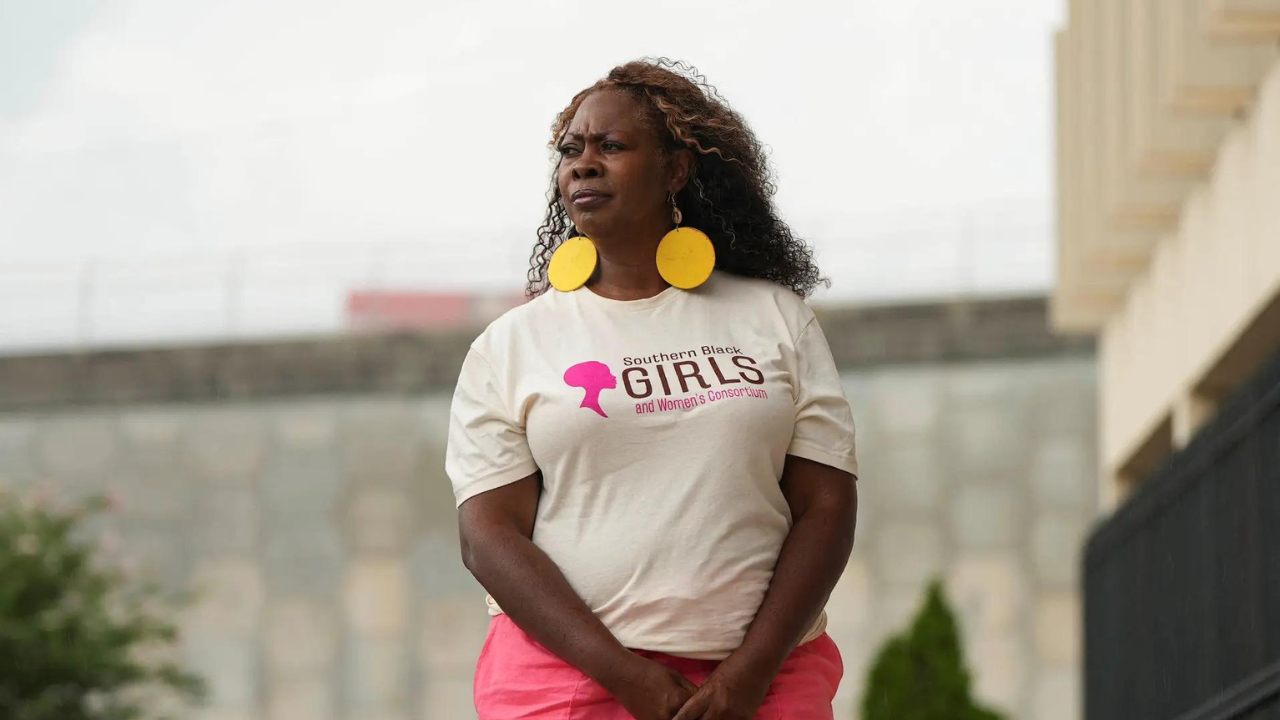
Kamala Harris' nomination as vice president has sparked a surge in organizing efforts among black grassroots organizers and activists. Groups are ramping up their get-out-the-vote efforts by utilizing digital organizing, door-knocking, and targeting low-propensity voters in swing states.
Black voters are expected to play a pivotal role in the upcoming election, and both Harris and Donald Trump are vying for their support. Black communities have historically been a key voting bloc for the Democratic Party, but support for President Joe Biden among Black voters dropped earlier this year due to concerns about pocketbook issues and a lack of progress on racial justice.
Grassroots organizing efforts are crucial in turning out Black voters, and organizations like the Black Voters Matter Fund are embarking on bus tours and partnering with local community groups to enhance voter engagement. The challenge now is to transform excitement into actual voter turnout.
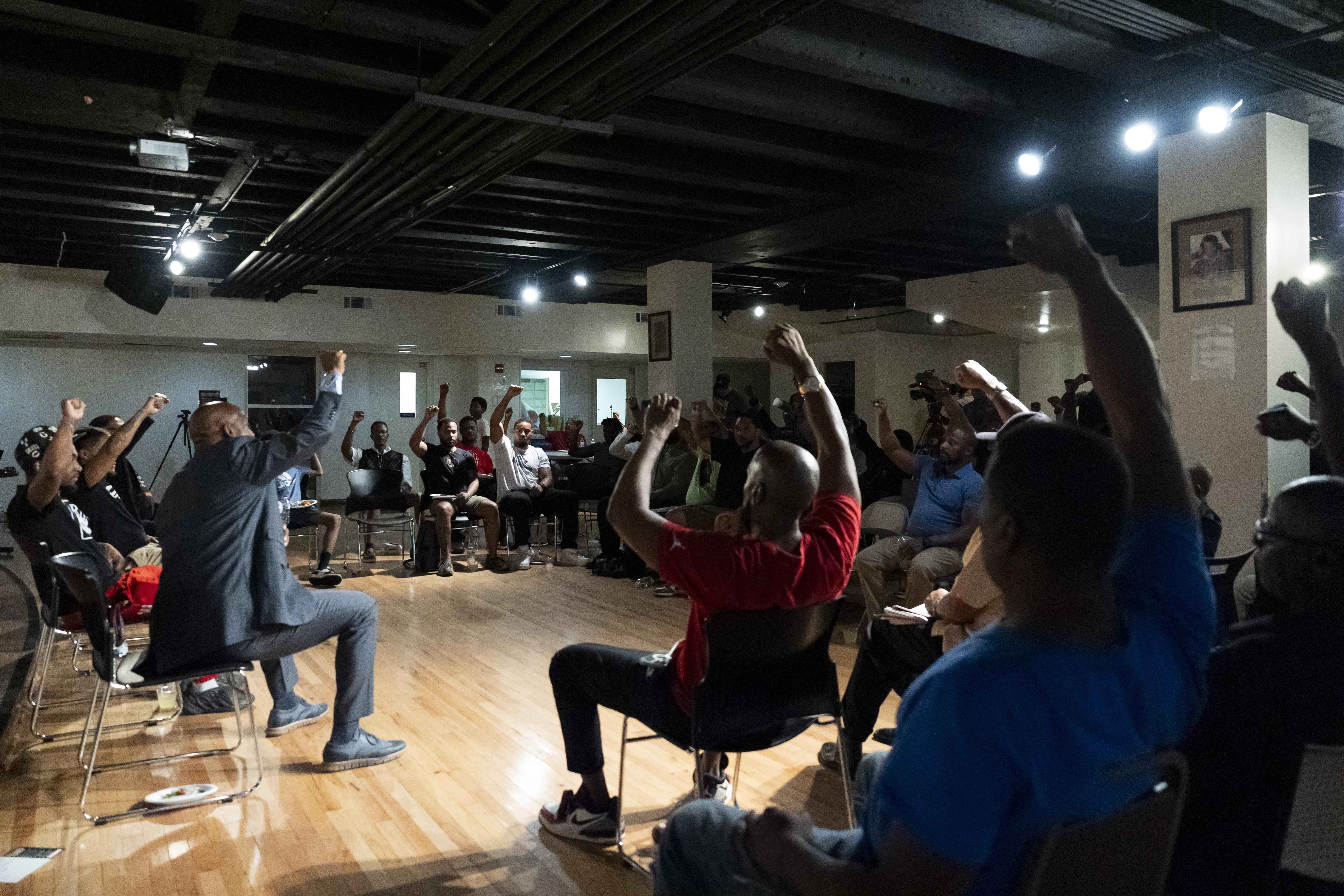
Black men are emerging as a key constituency in the 2024 race, bringing their dynamic views to politics. The Black Man Lab, a weekly gathering in Atlanta for Black men to discuss their challenges and triumphs, has seen renewed interest and attention with the candidacy of Vice President Kamala Harris.
Black male voters, traditionally leaning Democratic, are now being viewed as attainable by both major parties. Issues such as wealth creation, entrepreneurship, police reform, and workplace discrimination are top of mind for many Black men, particularly younger ones.
The Harris campaign has launched an outreach effort to engage with Black men and address their priorities, including economic messages. Republicans also see an opportunity to make inroads with Black men by addressing their longstanding frustrations with the political system.
The role of Black men and their political preferences could prove decisive in the upcoming election.

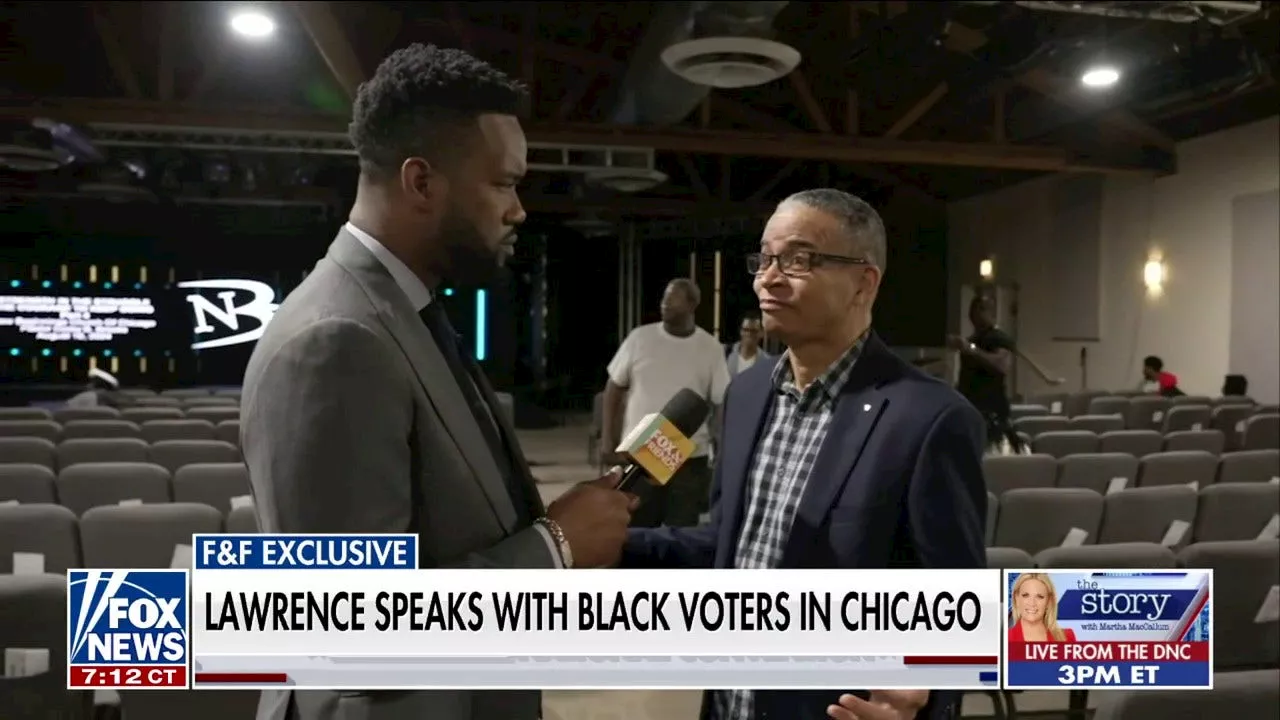
In interviews with Fox & Friends co-host Lawrence Jones, black voters in Chicago expressed their top concerns and indicated a potential shift towards supporting Republicans in the 2024 presidential election. Crime and the economy were identified as the most important issues for these voters, with many expressing a desire for change and a belief that the Republican Party is better suited to address these issues.
One voter noted that the Republican Party is pro-education, pro-family, and pro-business, suggesting that it may be time to try something different. While some voters expressed support for Vice President Kamala Harris, others expressed discontent with both parties and a desire to hear more about specific policies that will benefit the black community.
The Democratic National Convention (DNC) in Chicago is expected to draw thousands of attendees, but these interviews suggest that some black voters are considering a shift in their political allegiances.
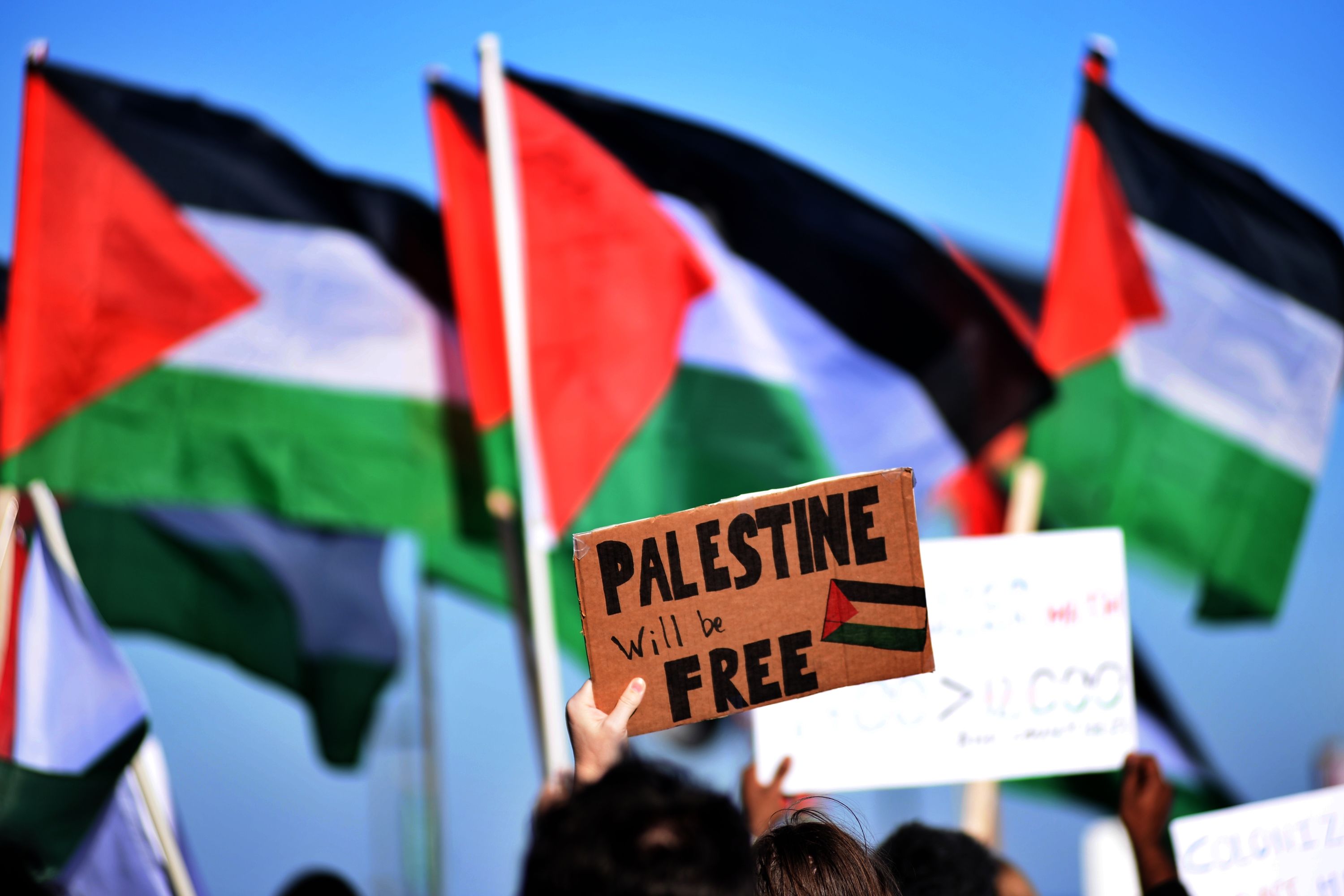
As the Democratic National Convention approaches, pro-Palestinian activists are faced with difficult decisions regarding their support for Vice President Kamala Harris. While many activists are hopeful that Harris' campaign will take a harder line against Prime Minister Benjamin Netanyahu's government, there are concerns that the party will maintain its support for Israel's actions in Gaza.
The Uncommitted National Movement, which emerged during the Democratic primary to protest the Biden administration's handling of the conflict, is demanding policy concessions, including an arms embargo against Israel. However, there is uncertainty over whether the party will accept these demands, as no Palestinian-American speakers are currently scheduled to speak at the convention.
While Harris has expressed empathy for Palestinian civilians, her campaign has not offered any substantial changes to US policy in the region, leaving activists still seeking meaningful action.
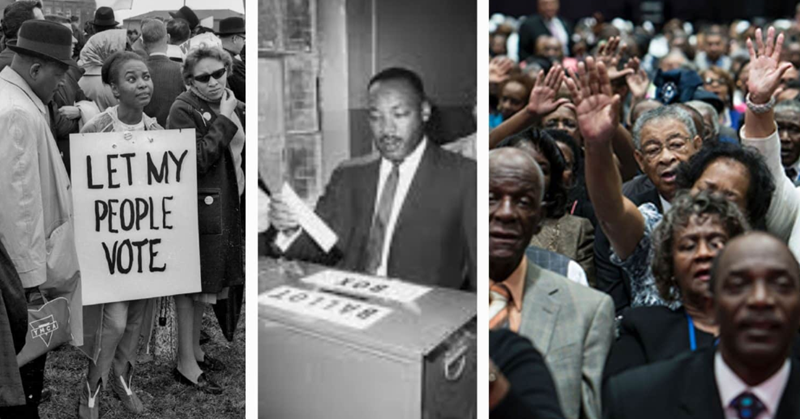
The fight for African American voting rights has been a long and challenging journey. Despite the passage of the 15th Amendment in 1870, which prohibited the denial of voting rights based on race, color, or previous servitude, African Americans continued to face obstacles such as literacy tests, poll taxes, and voter suppression.
It was not until the Civil Rights Movement of the 1950s and 1960s that renewed efforts were made to secure voting rights for African Americans. Activists, including Martin Luther King Jr.
, organized protests, marches, and voter registration drives to highlight the systemic disenfranchisement faced by African Americans. These efforts eventually led to the passage of the Voting Rights Act of 1965, which outlawed racial discrimination in voting and abolished literacy tests.
However, recent debates over voter ID laws and redistricting have raised concerns about the accessibility and fairness of the voting process for African Americans. Despite these challenges, African Americans have made significant progress in political representation, with increased voter participation and a growing number of African American officials holding public office at all levels.
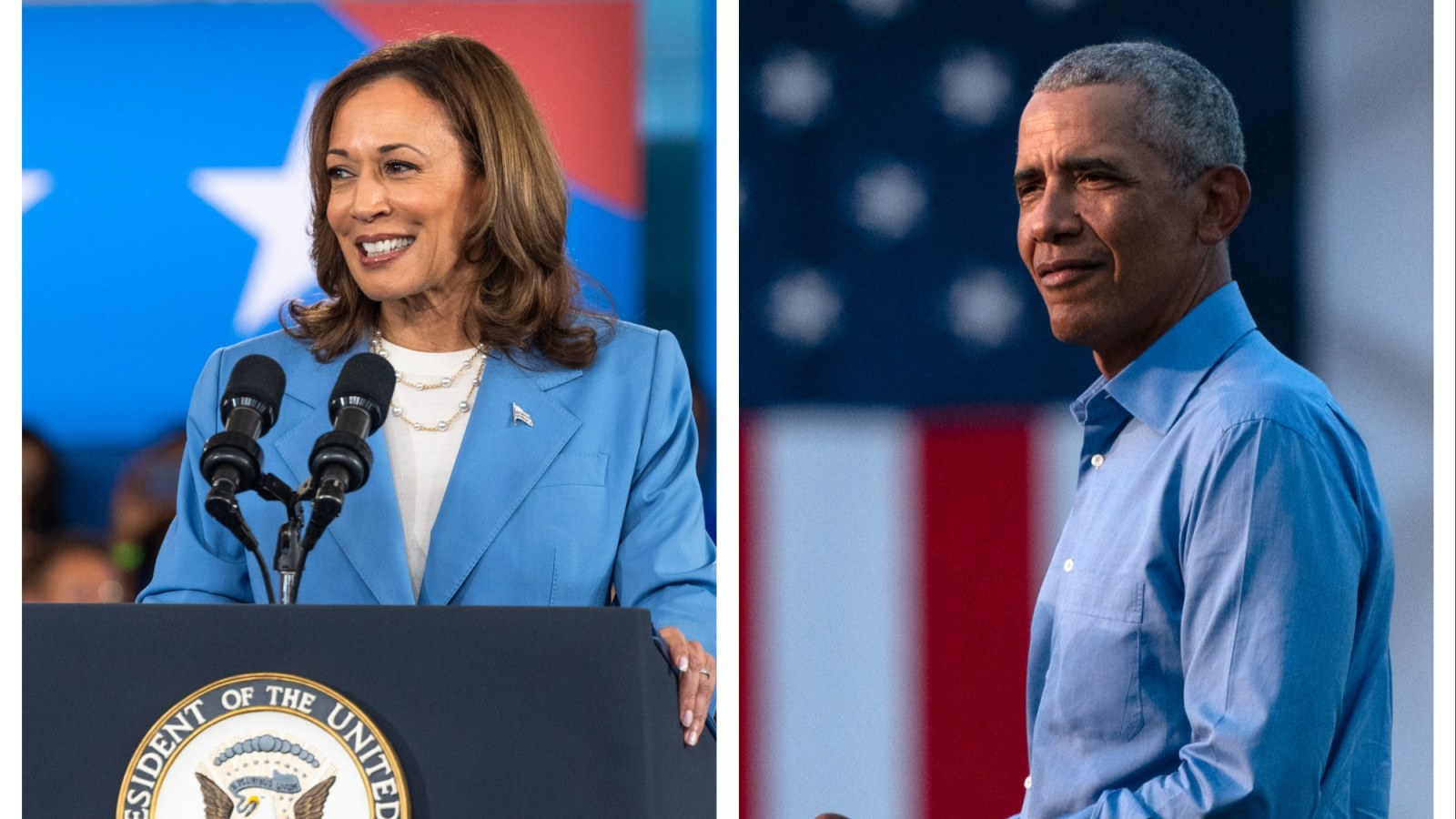
Kamala Harris is polling well among Black voters, but she still has a ways to go to reach the level of support that former President Barack Obama achieved. A recent poll found that 83% of Black voters would vote for Harris, marking a 12 percentage point swing in her favor compared to a previous poll.
Another poll showed that 79% of Black voters would vote for Harris, and a third poll found that 74% of Black voters intend to vote for her. While Harris is not yet reaching Obama's levels of support among Black voters, she is already doing better than President Joe Biden did before he dropped out of the race.
Harris has been making efforts to connect with Black voters, who are a crucial demographic for Democrats. While she still has work to do, Harris is leading Trump among Black voters in swing states like Pennsylvania and Michigan.

Dr. Umar Johnson, a controversial figure known for his advocacy on African-American education and mental health, has criticized celebrities Ricky Smiley and Steve Harvey for endorsing Vice President Kamala Harris.
Johnson claims that these celebrities have been financially incentivized to support Harris' bid for the White House and argues that the Black vote should not be "for sale." He urges for genuine and tangible efforts to be made to earn the African-American community's vote.
Johnson also shares that he was offered $10,000 by Harris' campaign for an interview, which he declined. While some notable figures like Cardi B, Questlove, Beyoncé, and Tina Knowles have openly endorsed Harris, there is a divide within the African-American community regarding her candidacy.
Johnson's criticism adds to the skepticism towards Harris expressed by others, like Judge Joe Brown and rappers Kodak Black and Fivio Foreign.
